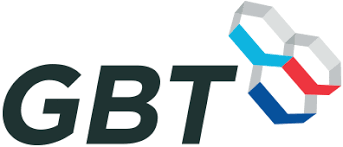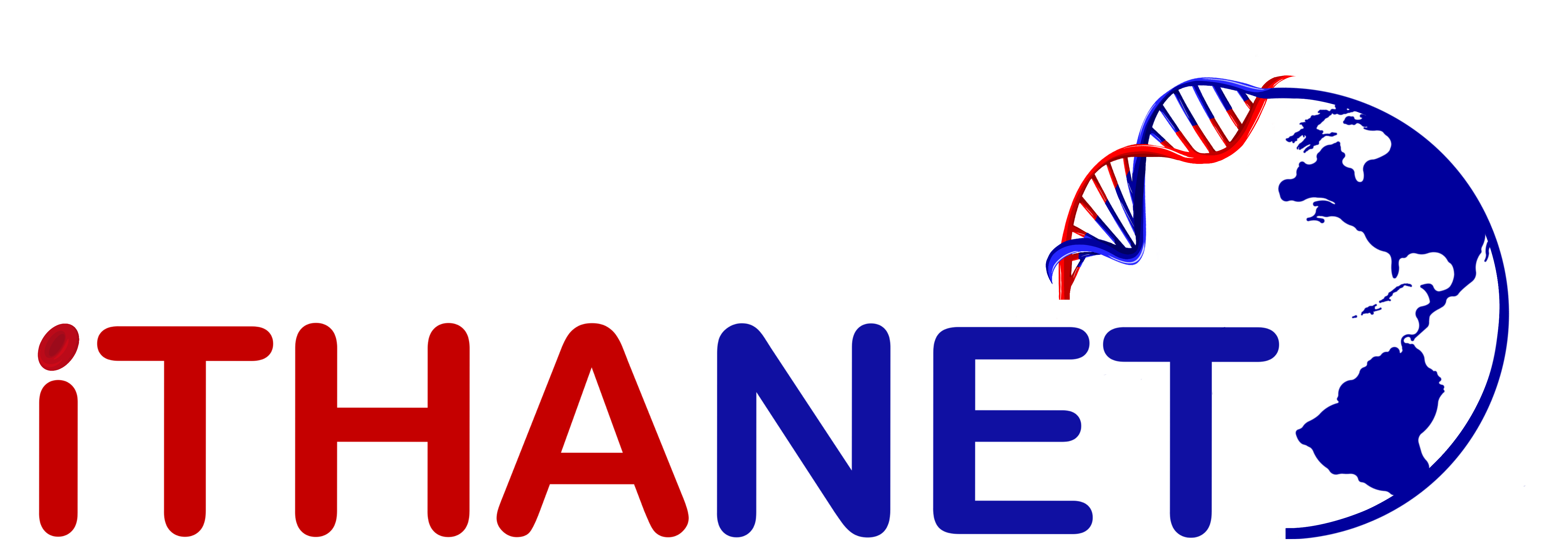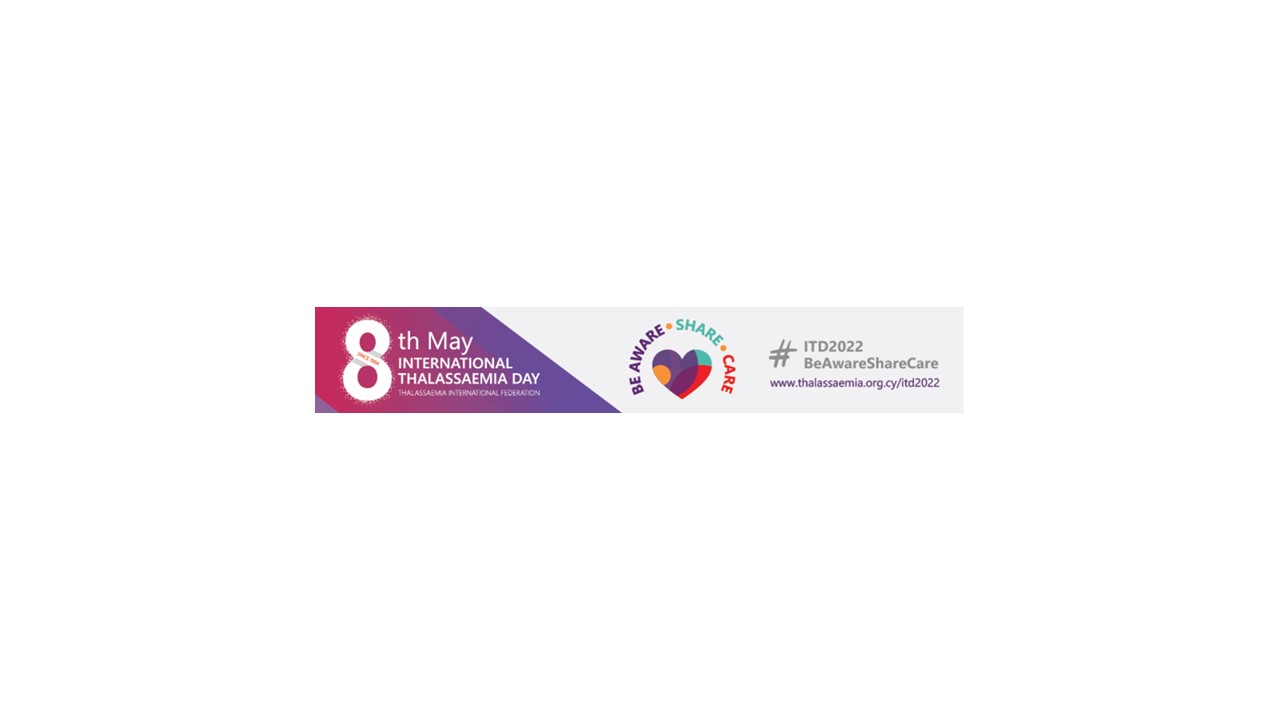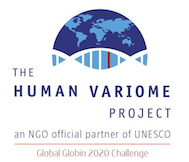
Global Blood Therapeutics, Inc. (GBT) announced the presentation of five abstracts, related to the Sickle Cell Disease (SCD) programs, at the European Hematology Association (EHA) 2022 Hybrid Congress which will be held from June 9-12 in Vienna, Austria. All presentations are related to the Sickle Cell Disease (SCD) programs and include new real-world evidence data on Oxbryta® (voxelotor), data from the Phase 1 study of the next generation sickle hemoglobin (HbS) polymerization inhibitor GBT021601 (GBT601), initial findings from the Sickle Cell Health Awareness, Perspectives and Experiences (SHAPE) survey and patient and caregiver perspectives on the unmet needs in SCD. “Data presented at this year’s Congress will contribute to the growing body of evidence that could transform the treatment of sickle cell disease,” said Kim Smith-Whitley, M.D., executive vice president and head of research and development at GBT. For more information: Global Blood Therapeutics, press release.




